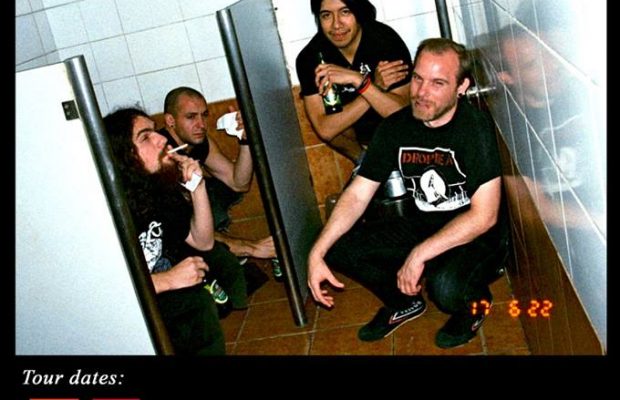

For such groups, faith appears to buffer the effects of loss by reinforcing hope for reunion with their loved one in the afterlife, offering a sense of divine consolation, and extending the support of a community of fellow believers. Religion and spirituality also play a centrally important role in adapting to loss for many grievers, including groups such as African Americans who more frequently confront tragic loss. Religion and spirituality 1 for many individuals extends beyond a “means of coping” to a “way of being” that is foundationally rooted in every aspect of the individual’s living and dying processes. Such complications in grieving seem to occur more frequently for ethnic groups suffering greater social disadvantage, partly as a function of the greater likelihood of suffering the traumatic and violent death of loved ones. Particularly when death occurs suddenly as a result of suicide, homicide, or fatal accident intense and life-limiting grief can persist for years with little evident adaptation to the loss. However, evidence also exists that a subset of grievers struggles markedly and for a prolonged period, evidencing a profoundly disruptive grief response known as complicated grief (CG) prolonged grief disorder (PGD) or persistent complex bereavement disorder. Other mourners continue to experience acute grief symptoms for a year or two after the loss, but ultimately cope adaptively. Yet, at least when losses result from natural causes and are otherwise normative, nearly half of the bereaved individuals respond with characteristic resilience, with distress subsiding rather quickly. Grief in the form of turbulent emotions, separation distress, and preoccupation with memories of the deceased is a nearly universal response to the death of a loved one. Currently, our ongoing CSG investigation extends in several directions: first, to a sample of family members anticipating the loss of their hospice-eligible loved one in palliative care and, second, to the development and testing of a writing-intensive intervention for newly bereaved, spiritually inclined grievers. To close the gap in terms of CSG assessment, we also developed and validated the Inventory of Complicated Spiritual Grief (ICSG). In a companion study, we qualitatively analyzed 84 grievers’ narratives and interviewed a 5-member focus group to capture and learn from their firsthand experiences of spiritual distress.

We replicated and expanded these findings with a diverse sample of 150 grievers to explore the complex relation between CSG, CG, and meaning making in a comparison study of mourners who had experienced traumatic-versus natural death losses.


For example, our longitudinal examination of 46 African American homicide survivors established the relation between positive religious coping, CSG, and complicated grief (CG), to clarify whether religious coping more strongly predicted bereavement distress or vice versa, with a follow-up study that determined the relation between religious coping and posttraumatic stress disorder (PTSD) and depression. Our program of research, which to date has consisted of working with Christian grievers and is outlined below, elucidates complicated spiritual grief (CSG)-a spiritual crisis following the loss of a loved one. Moreover, scales to measure bereavement-related crises of faith and interventions specifically designed for spiritually inclined, distressed grievers are virtually non-existent. However, prior studies have either focused primarily on the benefits of faith following loss or studied spiritual struggle outside the context of bereavement. Many mourners turn to their spiritual beliefs and traditions when confronted by the death of a loved one.


 0 kommentar(er)
0 kommentar(er)
